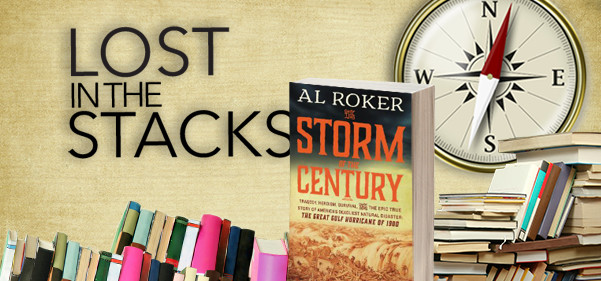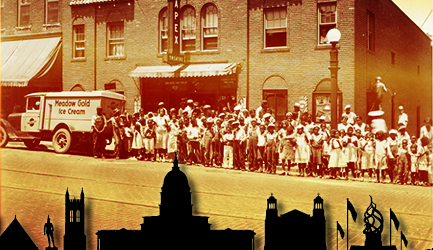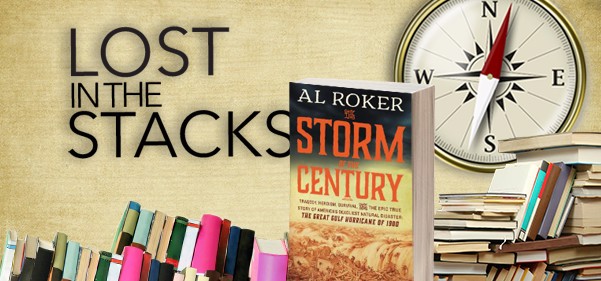Storm of the century

At first it was thrilling to watch the gigantic swells transform the normally placid waters on the Galveston shore; it was novel and exciting to see the brown, sandy water running through the flat city streets. Red-and-black storm-warning flags snapped briskly in the northerly breeze but most Galvestonians felt only relief that the still, hot weather of early September 1900 had finally broken. Only a few people knew, or suspected, that the high swells, the rising water, the north wind portended a deadly hurricane that was aiming directly for Galveston Island.
 There was no escape for the citizens of Galveston. Long before the full force of the hurricane struck in the evening of September 8, the rail and wagon bridges were already wrecked, phone and telegraph lines were already blown down, and “high ground” – a mere 8 feet above sea level – provided no safety as the rapidly rising water swamped the city streets. Houses built to withstand floods were as vulnerable against the shrieking wind and water as the flimsiest beach shack. Terrified islanders gathered in attics, singing, praying, dreading the moment when the walls of their refuge would be swept out to sea.
There was no escape for the citizens of Galveston. Long before the full force of the hurricane struck in the evening of September 8, the rail and wagon bridges were already wrecked, phone and telegraph lines were already blown down, and “high ground” – a mere 8 feet above sea level – provided no safety as the rapidly rising water swamped the city streets. Houses built to withstand floods were as vulnerable against the shrieking wind and water as the flimsiest beach shack. Terrified islanders gathered in attics, singing, praying, dreading the moment when the walls of their refuge would be swept out to sea.As dawn broke the next day, corpses floated in the bay, littered the beaches, rotted in the wreckage of the storm that almost completely destroyed Galveston. As many as 10,000 lost their lives making the Great Gulf Hurricane of 1900 the deadliest natural disaster in American history.
The tragic story of the Galveston hurricane has already been memorably told in Erik Larsen’s excellent Isaac’s Storm, and I had my doubts that Al Roker, beloved television personality and weather forecaster, could cover the same material in a meaningful way. But Roker brings his own gifts: Storm of the Century is a fast-paced, accessible popular history that excels at bringing the reader into the attics of the poor, terrified people waiting for their doom.














